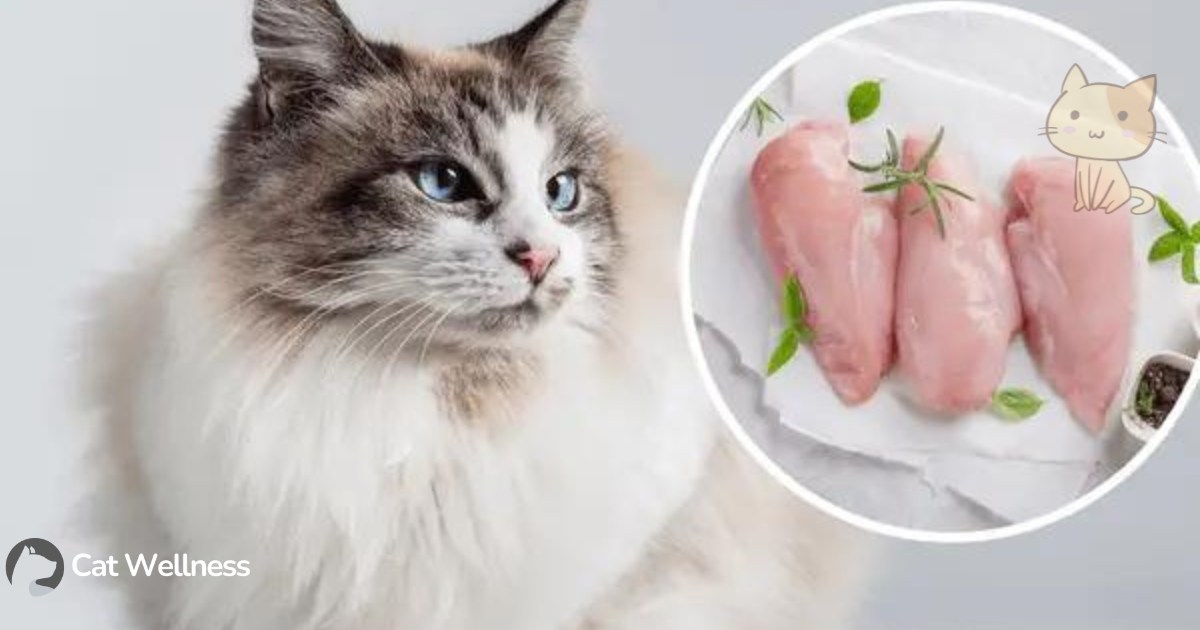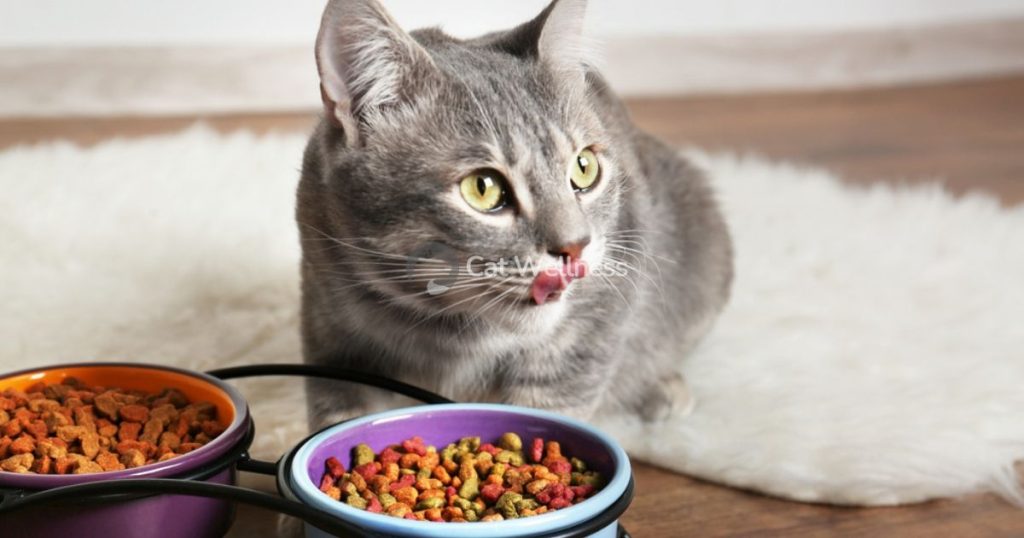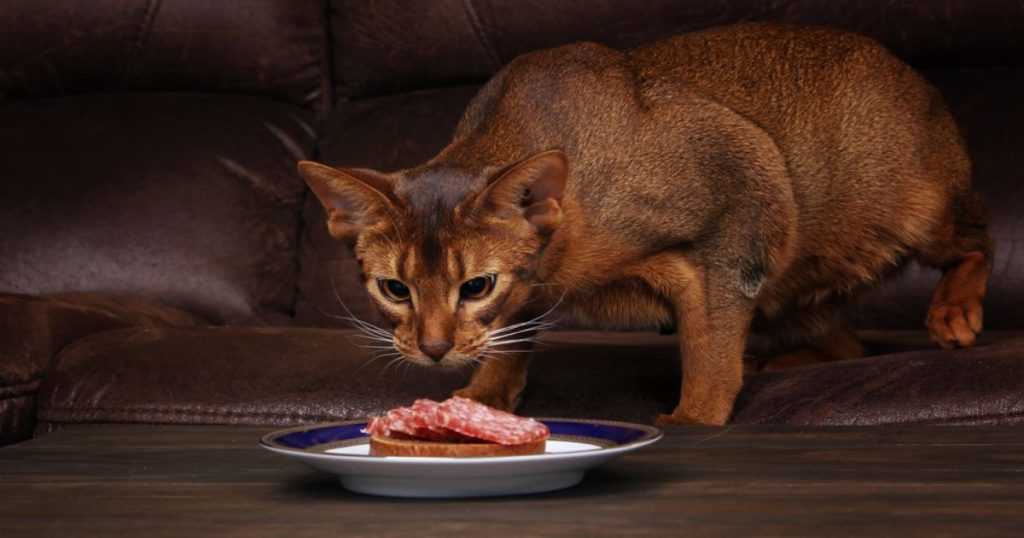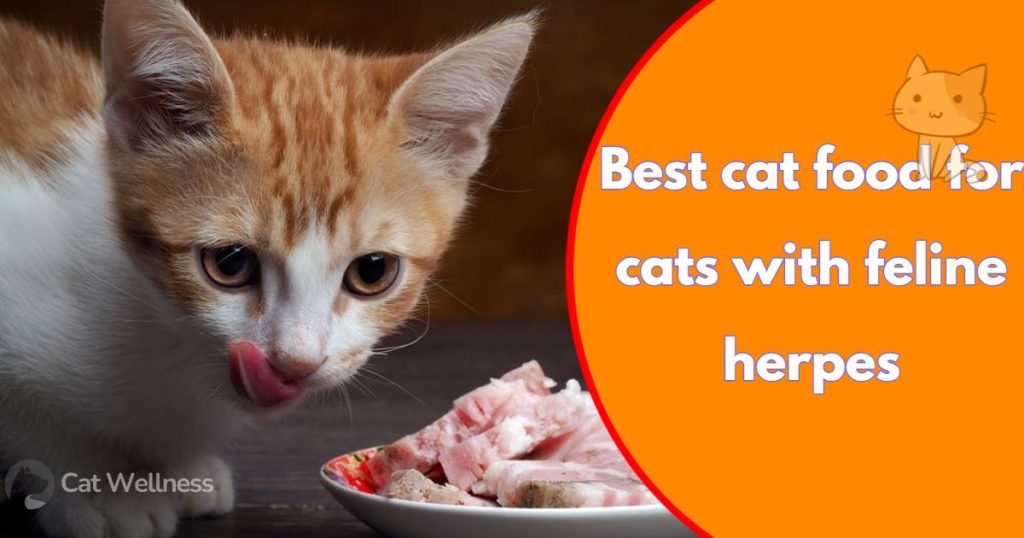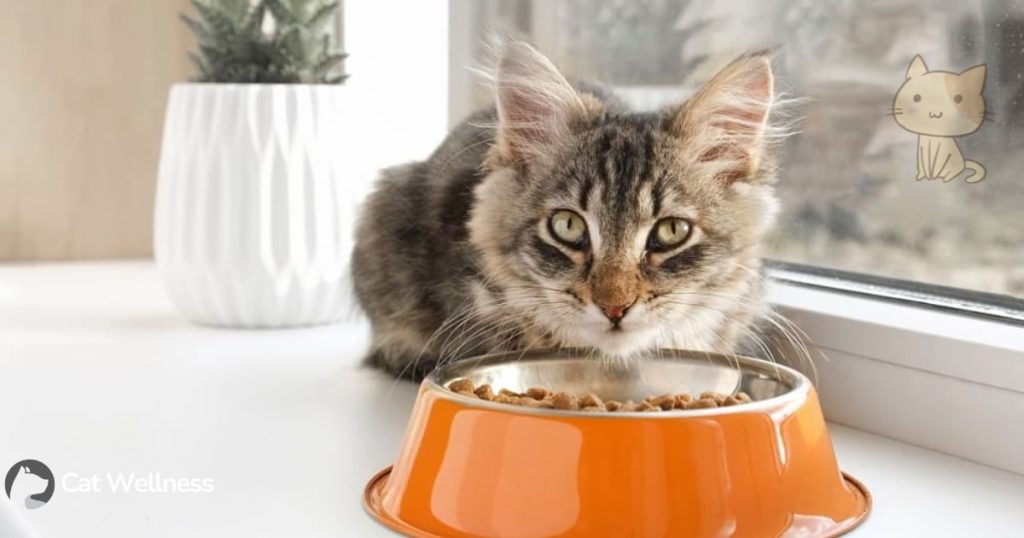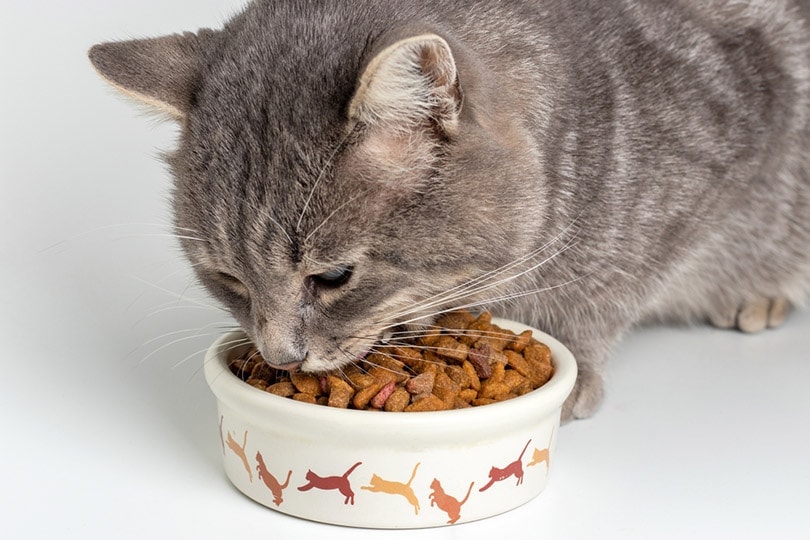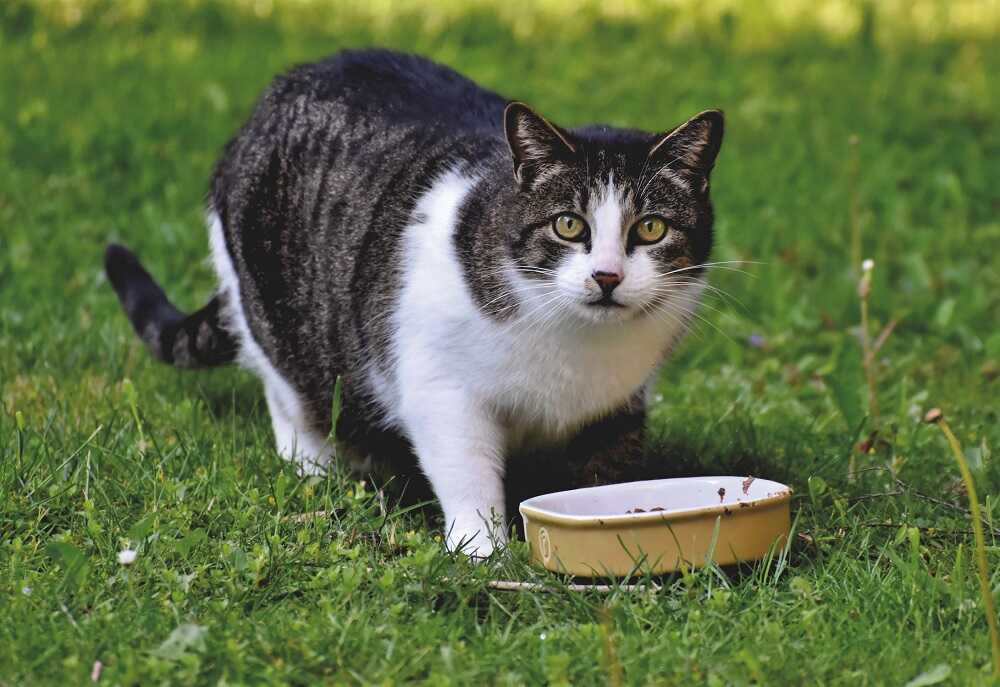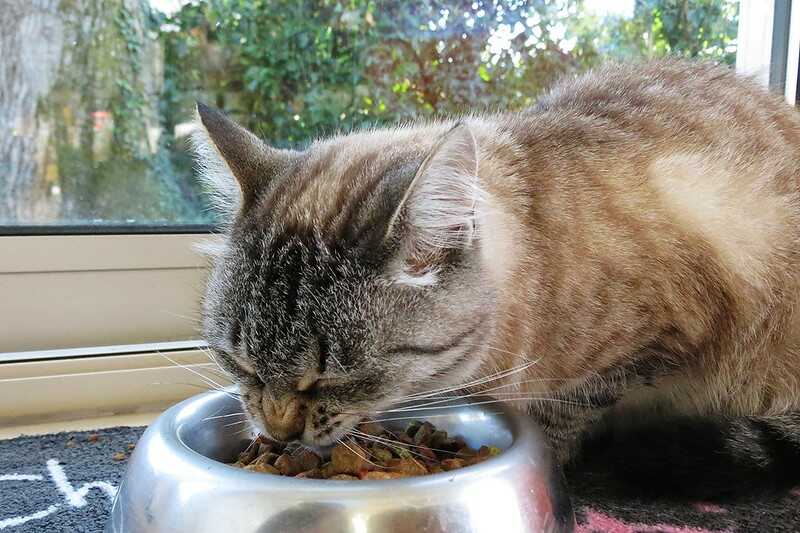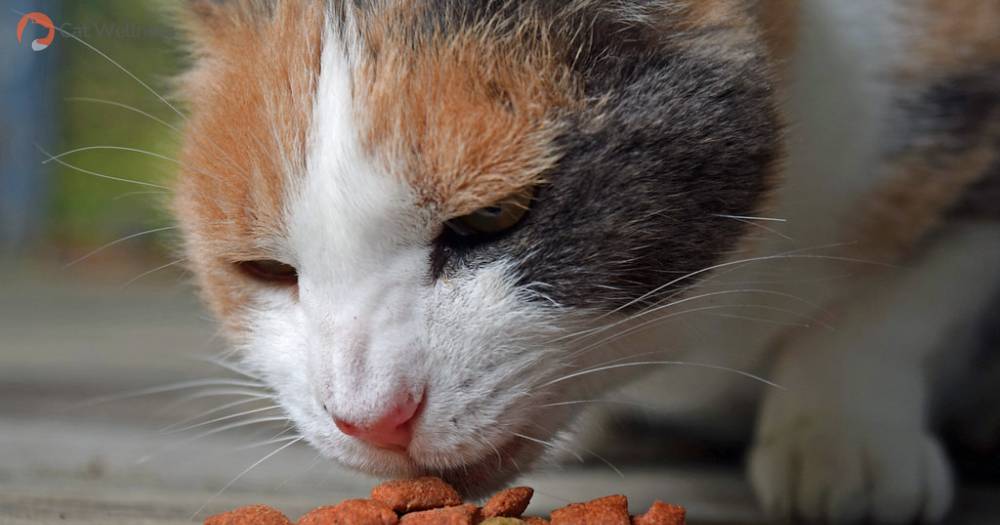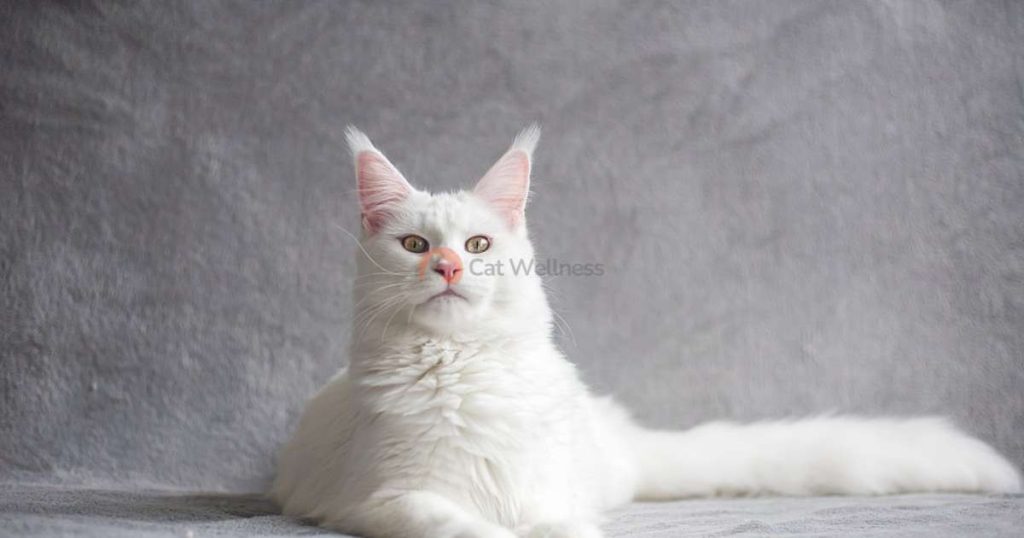We all know that domesticated cats are natural carnivores that thrive off meat-based meals.
One of the best is undoubtedly chicken, it provides strength and energy, boosts immune systems, and can help repair cells and tissues. And felines love the taste.
But is it safe for your cat to eat raw chicken? And is raw chicken good for them?
Feeding your cat raw chicken may seem simple, but there are important things to consider. Here is everything you should know about this topic.
Cats and Their Dietary Needs
Cats, as carnivores by nature, require a high-protein diet to thrive. They hold unique dietary needs that lean heavily on meat-based meals, thus the potential inclusion of raw chicken in their meals.
Unlike humans and some other mammals, a cat’s digestive tract is designed to process meat more efficiently and is less prone to issues from certain bacteria found in raw food.
Amino acids are essential to their health – one of those being taurine which is abundant in chicken. This particular amino acid can only be derived from animal sources such as poultry and cannot be created naturally within the cat’s body in sufficient amounts.
Lack or deficiency of taurine could result in serious health problems for cats, including cardiovascular diseases.
Besides proteins and essential amino acids, fats play an important role too in a cat’s diet. Fat not only provides the majority of the energy your feline friend needs but also aids with vitamin absorption – particularly fat-soluble vitamins like A, D, E, K.
So, Can Cats Eat Raw Chicken?
According to Renee Schmid, DVM, DABVT, DABT, who is a veterinarian toxicologist that works with Pet Poison Helpline, cats can consume raw chicken, but it is not advisable due to the associated risks.
Health Benefits of Raw Chicken
Raw chicken can be an excellent source of protein for cats. As obligate carnivores, cats thrive on a high-protein diet that raw foods like chicken can offer. High levels of essential amino acids such as taurine, found in the muscle meat of animals, including chickens, support your cat’s heart health and vision.
Besides proteins and amino acids, raw chicken also contains significant amounts of B vitamins. Vitamins, such as riboflavin (B2) and pantothenic acid (B5), found in raw chicken can aid in cellular processes and energy production for your feline friend.
With its nutrient-rich profile, consuming raw chicken might lead to better skin health for your cat due to the presence of healthy fats.
Potential Risks of Raw Chicken
One major concern is the high chance of bacterial contamination. Raw chicken often harbors harmful bacteria such as Salmonella and E.coli.
While cats possess some resistance to these microbes, they are not entirely immune, which puts them at risk for serious illnesses.
Moreover, apart from directly affecting your pet’s health, these bacteria can also affect humans in the household through cross-contamination or even close contact with the sick pet.
Precautions to Take When Feeding Cats Raw Chicken
When feeding cats raw chicken, it is necessary to ensure that the chicken is fresh, prepared adequately before serving, and that cleanliness is maintained to avoid contamination.
Ensuring the Chicken is Fresh
To make sure the chicken you’re feeding your cat is fresh, it’s important to consider a few factors. First, check the expiration date or “sell by” date on the packaging if it’s store-bought.
If you’re buying from a local butcher or farm, ask about their practices and how they ensure freshness. Fresh poultry should have a pleasant smell and vibrant color – any signs of an off smell or discoloration could indicate spoilage.
Also, look for firm flesh and avoid any chicken that feels sticky or slimy to the touch.
Proper Preparation Before Serving
I always make sure to properly prepare raw chicken before serving it to my cats. This involves taking a few important steps to ensure their safety and well-being. First, make sure the chicken is fresh and not past its expiration date.
Next, I handle the chicken with clean hands and utensils, preventing any cross-contamination. Then, I wash the chicken thoroughly under running water to remove any bacteria that may be present on the surface.
Finally, I cut the chicken into small, bite-sized pieces that are easy for my cats to consume. Taking these precautions makes me confident that I am providing my cats with a safe and nutritious meal.
Maintaining Cleanliness to Avoid Contamination
To prevent contamination and ensure your cat’s safety, it is crucial to maintain cleanliness when handling raw chicken. This means washing your hands thoroughly with soap and hot water before and after handling the chicken.
Additionally, make sure to clean any utensils or surfaces that come into contact with raw chicken, such as cutting boards and countertops. Avoid cross-contamination by keeping raw chicken separate from other foods in your kitchen.
Alternatives to Raw Chicken for Cats
If you’re uncomfortable feeding your cat raw chicken, plenty of alternatives can meet their dietary needs. Here are some options:
- Cooked chicken: Cooking chicken thoroughly eliminates the risk of bacterial infections while still providing a good source of protein for your cat.
- High-quality commercial cat food: Look for brands that offer complete and balanced nutrition, specifically formulated for cats.
- Home-cooked meals: You can prepare balanced meals using ingredients recommended by your veterinarian or follow recipes designed for cats.
- Freeze-dried or dehydrated cat food: These options retain much of the nutritional value of raw food while being safer to handle and feed.
- Raw food diets prepared by pet companies: If you prefer to feed raw, consider commercially prepared raw diets that undergo strict quality control measures.
- Canned wet food: Wet food contains high moisture content, which helps keep cats hydrated and provides them with essential nutrients.
FAQs
Can Cats Eat Raw Chicken Organs?
It is okay for your cat to consume raw chicken organs in moderation. However, it’s essential to consult with a veterinarian or feline nutritionist to determine which organs are safe to include in your cat’s diet.
How Often Can a Cat Eat Raw Chicken?
In order to minimize the chances of contamination and facilitate the switch to raw food, it is recommended to introduce raw chicken into the diet gradually and offer only a small portion once or twice a week.
Can Kittens Eat Raw Chicken?
It’s not safe for kittens to eat raw chicken due to their underdeveloped immune system and sensitive digestive system.
Can Cats Eat Raw Chicken Skin?
It’s not advisable to feed raw chicken skin to cats. Chicken skin is the part of the chicken with the highest amount of fat, which should only be given to cats that are not overweight.
Conclusion
In conclusion, while some cat owners believe that feeding raw chicken provides various health benefits for their feline companions, it is important to consider the potential risks involved.
Raw chicken can carry harmful bacteria such as Salmonella and Listeria, which can cause illness in both cats and humans. Instead, it is recommended to provide a balanced diet for cats through high-quality commercial cat food or consulting with a veterinarian for alternative options.
The priority should always be the health and safety of our furry friends.
Recommended Reading

